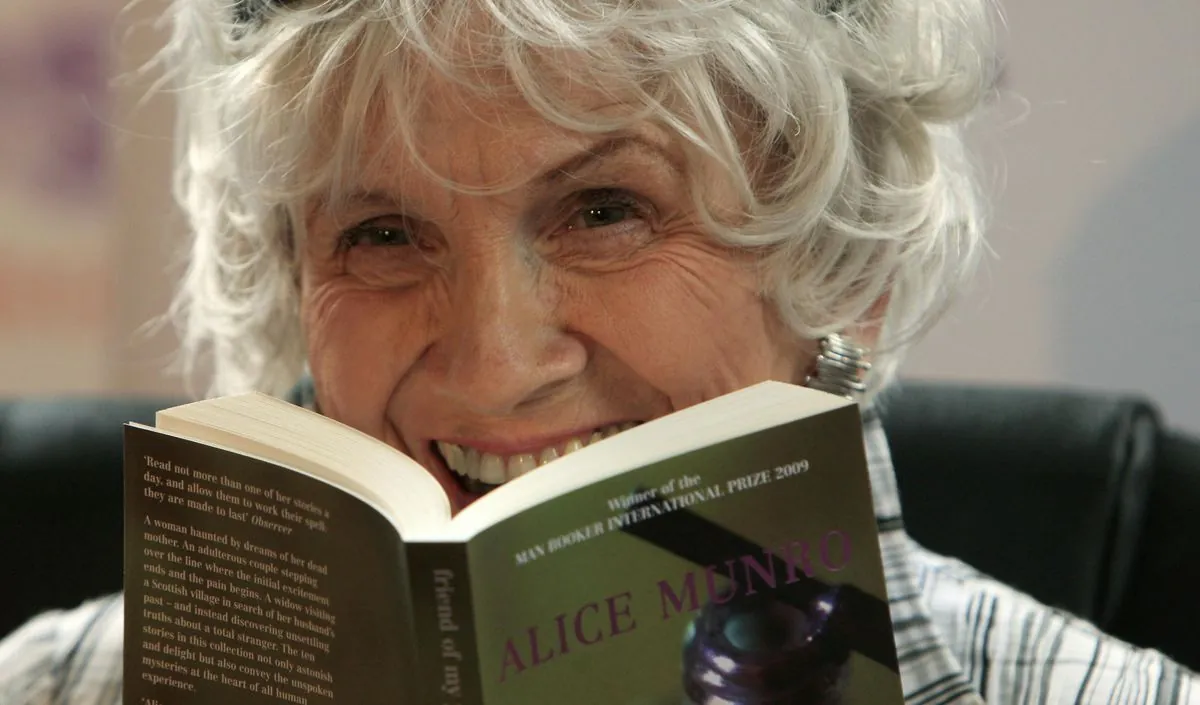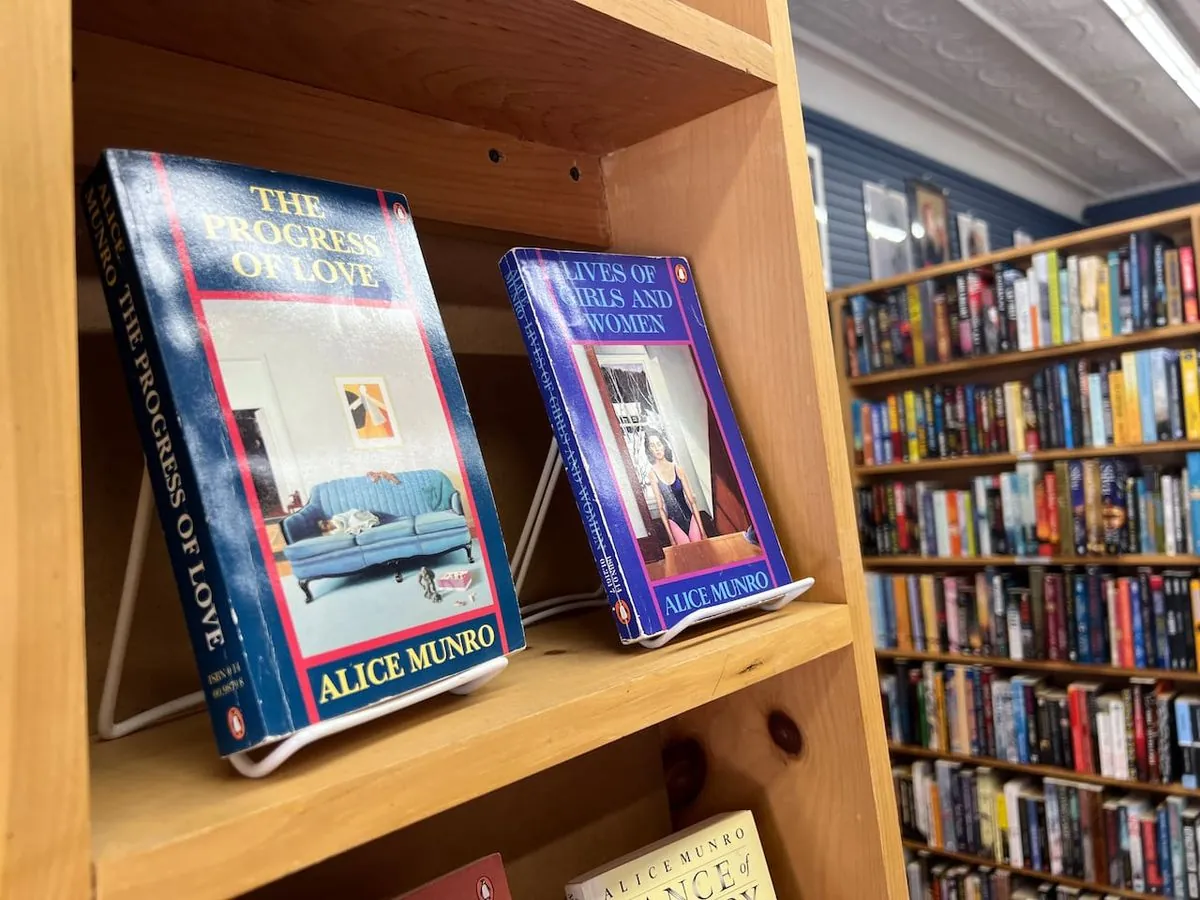Alice Munro's Legacy Tarnished by Daughter's Abuse Revelation
Renowned Canadian author Alice Munro's reputation faces scrutiny following her daughter's disclosure of sexual abuse by Munro's husband. The revelation prompts a reevaluation of Munro's work and legacy in Canadian literature.

The literary world has been shaken by recent revelations concerning Alice Munro, the celebrated Canadian author and Nobel laureate. In July 2024, Andrea Robin Skinner, Munro's youngest daughter, published an essay in the Toronto Star detailing sexual abuse she endured at the hands of her stepfather, Gerald Fremlin, Munro's second husband.
The abuse began in the summer of 1976 when Skinner was just 9 years old. Fremlin, then in his early 50s, sexually assaulted the child during her summer visit to Clinton, Ontario - a region often referred to as "Alice Munro Country" due to its prominence in her stories. The abuse continued for years, with Fremlin exposing himself and propositioning Skinner until she reached her teenage years.
Alice Munro, who won the Nobel Prize in Literature in 2013, was not immediately informed of the abuse. It wasn't until Skinner was 25 that she revealed the "secret" to her mother in a letter. Munro's response has been a source of controversy and disappointment for many. She briefly left Fremlin but quickly returned, citing that she had been "'told too late,' she loved him too much, and that our misogynistic culture was to blame if I expected her to deny her own needs, sacrifice for her children, and make up for the failings of men," according to Skinner.
In 2005, Skinner reported the abuse to the Ontario Provincial Police. Fremlin pleaded guilty to indecent assault, receiving a suspended sentence and two years' probation. Munro's lack of support during this process has further tarnished her reputation.
The revelations have prompted a reevaluation of Munro's work and legacy. Many readers are now examining her stories through a new lens, questioning the author's true understanding and empathy for the lives of women and girls she so meticulously documented in her fiction.

Munro's short story "Vandals," published a year after she learned of Fremlin's abuse, has been scrutinized for potential parallels to the real-life situation. However, critics argue that the story fails to demonstrate genuine remorse or understanding of the trauma inflicted on abuse victims.
The impact of these revelations extends beyond the literary world. Munro, once considered a pillar of Canadian culture alongside icons like hockey and maple syrup, now faces a complex legacy. While her contributions to literature remain significant, the personal failings revealed by her daughter have cast a shadow over her once-unassailable reputation.
As the literary community grapples with these revelations, it's clear that Munro's legacy will be forever altered. While her works will continue to be studied and appreciated, the context in which they are read has irrevocably changed. The situation serves as a stark reminder that even celebrated figures can have deeply flawed personal lives, and that the impact of their actions extends far beyond their artistic contributions.
"She was adamant that whatever had happened was between me and my stepfather. It had nothing to do with her."
This distressing chapter in Canadian literary history underscores the importance of supporting abuse survivors and holding even our most revered cultural figures accountable for their actions and inactions. As readers and critics continue to process this information, the conversation around Munro's work and legacy is likely to evolve, challenging us to separate the art from the artist while acknowledging the profound impact of personal choices on public figures.


































